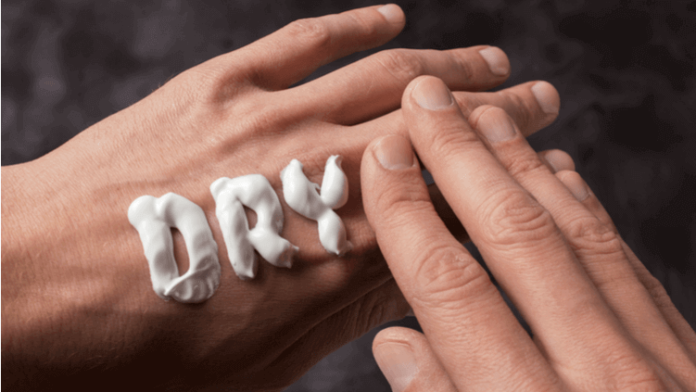Dry skin is a common issue during the winter months when cold temperatures, low humidity, and indoor heating systems can strip the skin of its natural moisture. To combat dry skin and keep it soft and hydrated during winter, consider the following remedies:
Hydrate from the Inside:
Drink plenty of water to keep your body and skin hydrated. Staying well-hydrated can help combat the effects of dry air on your skin.
Gentle Cleansing:
Use a mild, fragrance-free cleanser to wash your face and body. Avoid hot water, which can further dry out your skin. Opt for lukewarm water and limit your showers to 10-15 minutes. For more information visit a Skin doctor in Karachi.
Moisturize:
Apply a rich, hydrating moisturizer immediately after showering or washing your face when your skin is still slightly damp. Look for products with ingredients like hyaluronic acid, glycerin, ceramides, and shea butter.
Use a Humidifier:
Invest in a humidifier to add moisture to the dry indoor air. This can help maintain proper humidity levels in your home and prevent excessive moisture loss from your skin.
Avoid Harsh Products:
Steer clear of harsh skincare products that contain alcohol, fragrances, or other irritating ingredients. Opt for products specifically designed for sensitive or dry skin.
Protect Your Skin from the Cold:
When going outdoors, wear warm clothing, gloves, and a hat to shield your skin from cold winds and low temperatures.
Use Sunscreen:
Don’t skip sunscreen during winter. UV rays can still harm your skin, and some sunscreens also offer moisturizing properties.
Exfoliate Gently:
Use a mild exfoliant once a week to remove dead skin cells and allow your moisturizer to penetrate more effectively. Avoid harsh scrubs or over-exfoliating, as it can worsen dryness.
Wear Lip Balm:
Chapped lips are common in the winter. Apply a lip balm with hydrating ingredients to keep your lips soft and moisturized.
Home Remedies:
Consider natural remedies like using coconut oil, olive oil, or honey as a moisturizer. Apply these ingredients to your skin for added hydration.
Fragrance-Free and Hypoallergenic Products:
Look for skincare and laundry products labeled as “fragrance-free” and “hypoallergenic” to reduce the risk of irritation.
Diet and Supplements:
Consume a diet rich in healthy fats (such as avocados, nuts, and fatty fish) and antioxidants to support skin health. Omega-3 supplements may also help with skin hydration.
Avoid Hot Baths and Showers:
While hot baths and showers may be tempting in the winter, they can strip your skin of natural oils. Stick to warm water and reduce your bathing time.
Consult a Dermatologist:
If your dry skin is severe, painful, or not responding to over-the-counter remedies, consult a Dermatologist in Lahore. They can provide specific advice and may recommend prescription-strength treatments.
Remember that what works for one person may not work for another, so it may take some trial and error to find the best combination of remedies for your dry skin during the winter months. Consistency in your skincare routine is key to maintaining healthy, hydrated skin throughout the season.

